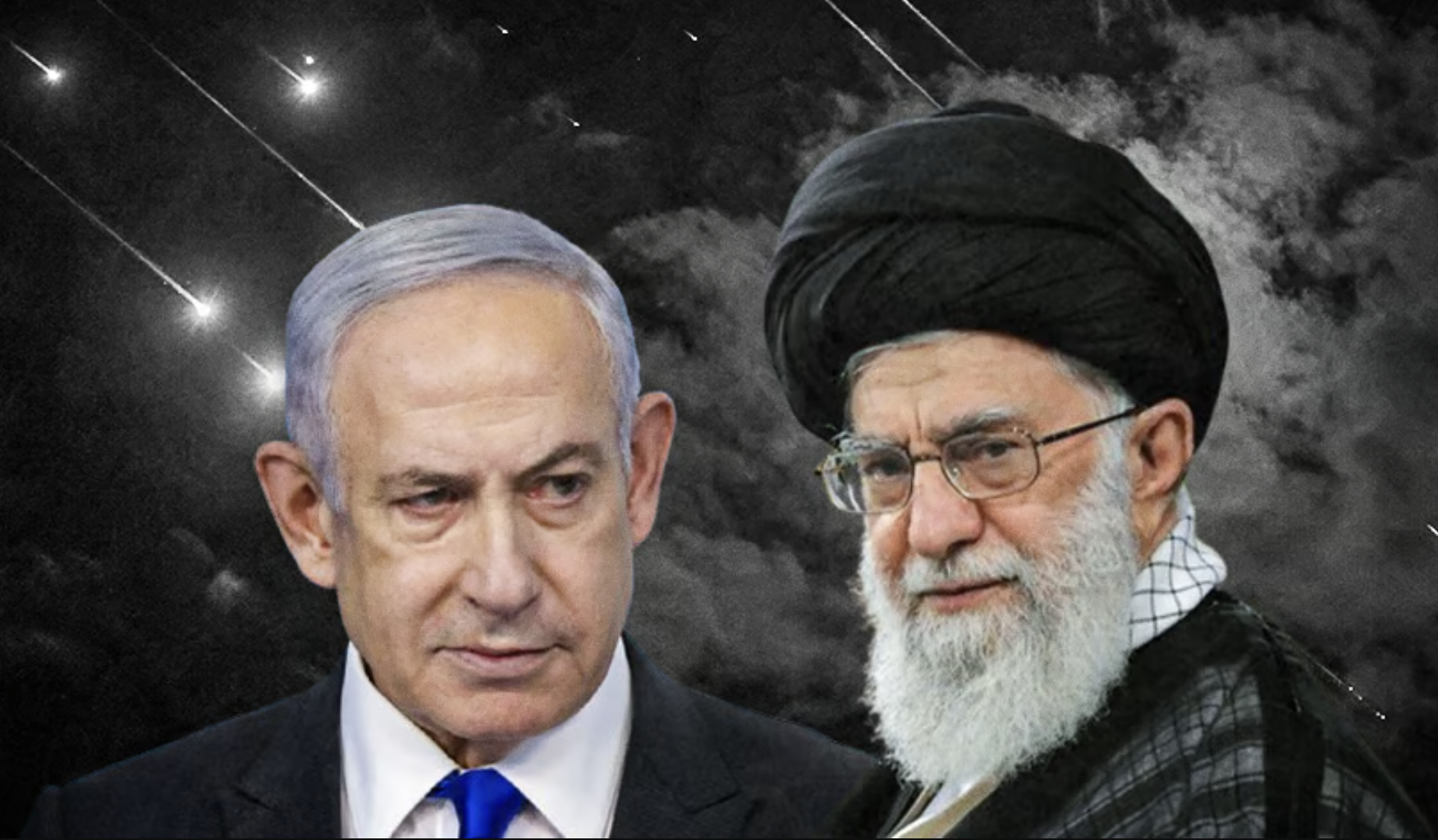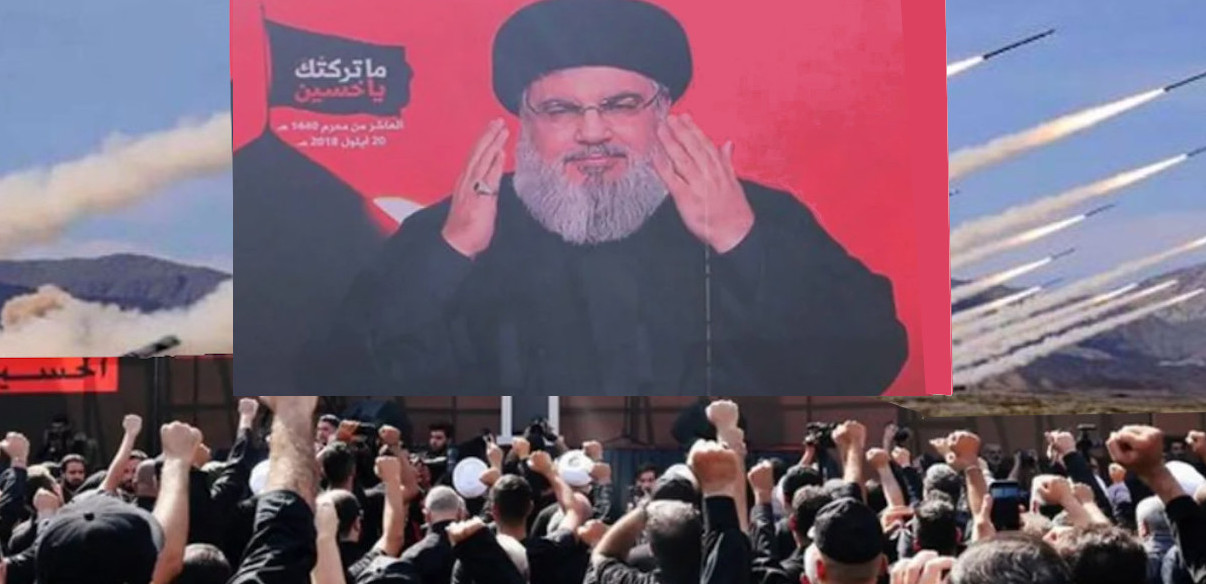Summary of the article:
- There is no military way of ending Iran’s nucleair program: the maximum achievement of a war is to delay Iran’s nucleair program up to 2 years.
- The real wargoal is regime change as outlined in the policy document A Clean Break, Netanyahu’s initiative in 1996.The goal was regime change in 7 Muslim countries and 6 have been achieved now.
- The Israel – Iran war can’t continue like now: it will be either end or escalate.
- Now Iran has been under attack while in negotiations and while fulfilling its commitment to NPT, it must be clear that the regime, in seeking safety, having a nucleair bomb is the best option.
- Iran is making a strategic mistake by retaliating “softly” while a harder retaliation will diminish Israel’s public opinion in supporting the war.
The most effective and reliable way to prevent Iran from acquiring nuclear weapons is to negotiate a deal. Most military analysts don’t even believe that the USA can destroy Iran’s nuclear program; they can only delay it for up to 2 years. On the contrary, if the Iranian regime wants to survive this war, they need to strike Israel far harsher.
Israel’s attack on Iran shouldn’t come as a surprise to Iran even though they were negotiating with the USA. Israel was clearly threatening war; Trump gave them a ’60-day deadline,’ and the IAEA’s biased report provided the pretext that Israel was seeking. Not to mention the different media reports mentioning Israel’s imminent attack. One of the most convincing article is from the Washington Post of February 2025, which mentions a ‘preemptive attack’ on Iran “within months.” The discourse of a preemptive attack is also being used by Israeli leaders, so the news was pretty accurate.
The article, based on anonymous officials, explains that an attack would set back Tehran’s program by weeks or, in the best case, months. Some analysts argue that it can delay the program up to 2 years, but generally there is a consensus that eliminating Iran’s nuclear program by military means is impossible. Among them are Professor Chuck Freilich, a former deputy national security advisor in Israel; prominent scholar John Mearshimer, known for his theory of offensive realism; and retired American general Jack Keane.
“Iran has the requisite knowledge today to reconstitute the program even after a completely successful attack, and no more than a few years could be gained. Military action is thus no longer an option for eliminating the program, only for gaining time.” Chuck Freilich
In the video below, Jack Keane explains why it’s difficult to destroy the nuclear facilities: except that the most important sites are made deep underground facilities in mountainous areas, they’re also spread out in 12 different locations.
Therefore, we can say that the US attack on Iran on the night of June 21-22 did not destroy the nuclear installations, contrary to Trump’s statement. Destroying them requires a comprehensive attack. The US had pre-warned Iran in advance, which caused Iran to move the enriched uranium. Trump has declared that the attack has been completed. This indicates that the US does not want to go to war with Iran and has bombed Iran due to Israeli pressure. Iran will not seriously attack US troops in retaliation either.
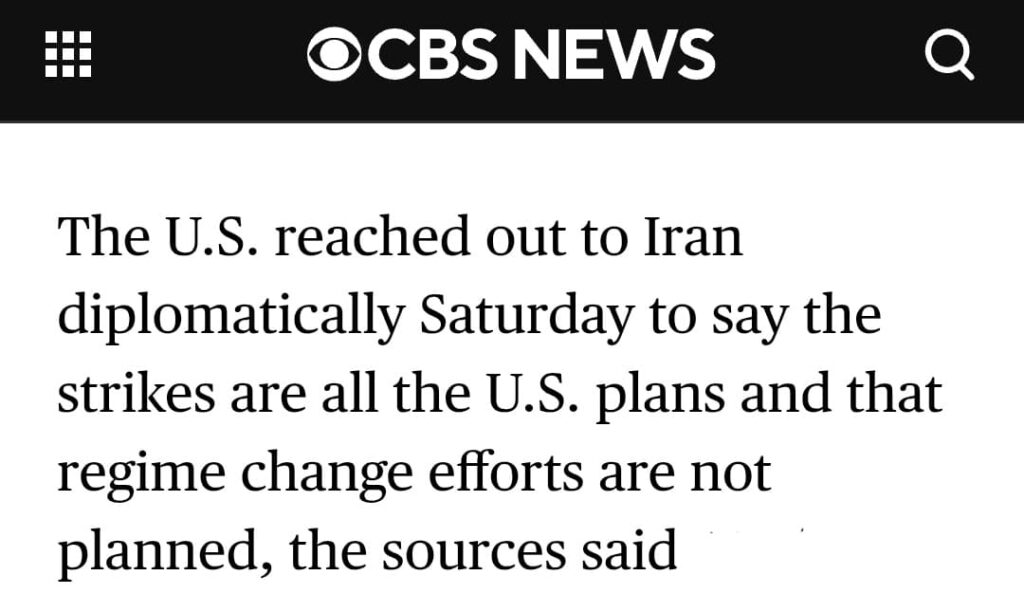
The real war goal of Israel goes back to 1996: the power of Jewish lobbyists
Subsequently, the question why the Israeli decision-makers went to war while they know they can’t achieve their main war goal through military means. The answer is simple: the real war goal is to enforce a regime change. This goal goes back to 1996, when candidate for the Prime Ministership of Israel, Benjamin Netanyahu, and his American (Jewish) political team prepared a policy document (and the follow-ups) for Israel’s security issue called A Clean Break: A New Strategy for Securing the Realm
In short, this was a geopolitical strategy aimed at regime changes in 7 West Asian (Middle East is a colonial term) and North African states. The regime change meant in practice that Israel-unfriendly regimes would be replaced and become satellite states of Israel. 6 of the 7 are now achieved: Iraq, Libya, Lebanon, Syria, Somalia, and Sudan. So the causes of all these wars can be tracked to pariah state Israel. It’s basically also Netanyahu who has ruled Israel since 1996 with a few short breaks. The last one yet to be achieved, also the most difficult one, is Iran. One can also argue that the policy has failed in Iraq. This country remains an interesting case, since we all know they did not have the WMD. The question that the large media corporations, which are state-institutionalized, fail to ask: why did the USA go to war with Iraq? Some argue because of the oil, but this is not true since the Saddam-regime has offered lucrative oil deals for US companies. This offer was done through Richard Perle, who was at the time chairman of the Defense Policy Board and who is also called ‘the architect of the Iraq War.’ The same Perle, a Jew, was also the study group leader of the policy document A Clean Break. Many of the authors were Jewish and gained influential positions after 1996.
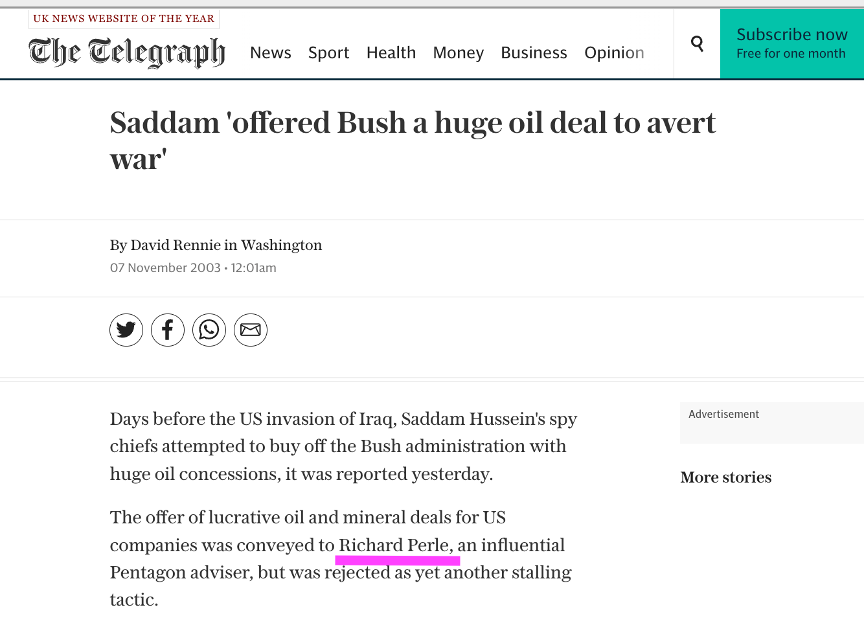
However while the Zionists succeeded in removing Saddam Hussein from power, they couldn’t bring law & order in Iraq, currently Iraq is ruled by Americans and Iranians in some kind of a powersharing-arrangment. A successful regime change in Iran, would also mean regaining control over Iraq.
Without the US none of these policies would have been achieved and mostly it’s not even in the interest of the Americans.
However, while the Zionists succeeded in removing Saddam Hussein from power, they couldn’t bring law & order to Iraq. Currently, Iraq is ruled by Americans and Iranians in some kind of power-sharing arrangement. A successful regime change in Iran would also mean regaining control over Iraq.
Without the US, none of these policies would have been achieved, and mostly it’s not even in the interest of the Americans. Professor Jeffrey Sachs of Columbia University criticises the clean break policy of Netanyahu severely, as well as the influence of the Jewish lobby that makes American foreign policy. He describes the lobby as a Christian-Zionist lobby (most likely because of his own Jewish background).
Since the genocidal Gaza war, the Jewish lobby has come under scrutiny, mainly because this prolonged war is not in the interest of America, and without their help it couldn’t last for that long. Political scientist John Mearsheimer says regularly that America must focus on East Asia but because of the influence of the Jewish lobby it is locked in West-Asia. He also wrote a well-known book about the Jewish lobby; he argues that lobby groups can only work when their work is not visible to the general public. He also believes that Trump should engage in a battle with the lobby, although it will have a political cost for him since they have a majority in Congress [1]. This is because everything Trump has promised to deliver has failed: he couldn’t stop the wars in Gaza and Ukraine like he promised to do. He engaged in a new war with Iran while he didn’t want to engage in new wars. So, he is stuck, and if he wants to have an independent foreign policy, there is no choice but to engage in an open battle with the pro-Israeli lobbyists. It’s already happening behind the scenes with several appointments and firings within the administration.

This battle is also the reason for many conflicting statements of Trump: on the one hand, he has his own policy of no more wars, and on the other hand, he is pressured by the lobbyists to go in a different direction. This is also the case regarding Iran. Let’s have a look from the Iranian point of view.
——————————————READ BELOW——————————————————
Iran’s strategic errors from their own viewpoint: Hezbollah
Since 7 October 2023, Iran has been handling things very restrainedly while Israel was seeking escalation. For instance, when the tit-for-tat attacks between the 2 countries started after the bombing of Iran’s embassy in Syria, the Iranian attacks weren’t lethal, while Israel’s were. Even with such a big breach of international law and norms by attacking Iran’s embassy in Syria and killing 16 people, among them diplomats, Iran didn’t retaliate seriously but just for show to prevent loss of face. The last strike of Israel in October 2024 wasn’t even answered by Iran. This led to some critics within the Iranian government; a few high-ranking generals expressed their dissatisfaction, saying it led the country to a weaker position.
Also, the killings of many high-ranked Iranian commanders in Lebanon and Syria weren’t answered by Iran.
The biggest mistake by far is that Israel’s escalation war with Hezbollah didn’t go along with retaliations. While Israel started bombing Beirut, a clear escalation, Hezbollah didn’t answer. The pager and walkie-talkie attacks followed, and after that the assassination campaigns of Hezbollah leaders, including Hassan Nasrallah. While Hezbollah had an immense arsenal of ballistic missiles, even more than most countries, they made minimal use of it, instead firing projectiles. It was the deterrence of these ballistic missiles that Israel withheld to assassinate Nasrallah earlier, as it was confirmed by former Minister of Defense Gallant on different occasions.
“I went back to the prime minister, and I told him, ‘We have to do this.’ He pointed out the window at all the buildings and told me, ‘You see these buildings? All of this will be destroyed by Hezbollah’s capacity. After we hit them, they’ll destroy everything you see’” Source: Gallant in TOI.
The same deterrence power is the reason why Israel didn’t unilaterally explore oil and gas in the disputed sea border with Lebanon, which Hezbollah threatened would lead to an all-out war. After it defeated Hezbollah, Israel recently signed contracts to explore oil and gas in the disputed sea border. The appointments of both the president and prime minister of Lebanon show it became a satellite state of Israel, while Hezbollah also lost their political influence.
While Hezbollah used to be the world’s strongest non-state armed organization, whose fighters were even capable of invading the Galilee region in Israel, something that was unthinkable until a few years ago. Some sources even claimed that Hezbollah was capable of destroying Israel’s nuclear sites. In comparison, Hamas, with their limited capabilities and closed borders, was able to harm Israel more. The excuse of Israel that Hezbollah did start the war on October 8 can’t be called a war: it was a low-intensity tit-for-tat attack. Also here, while Israel killed Hezbollah fighters, the guerrilla organization only aimed at Israeli equipment, such as surveillance cameras, instead of soldiers. Nasrallah exaggerated this and wanted to convince people that they were helping Gaza, while it was nothing more than a show act. OliveX has written an extended analysis about Hezbollah’s unwillingness to fight back with Israel, here.
Hezbollah released drone footage in October 2024 of sensitive Israeli targets but never targeted it.
If one compares the 2006 war that Hezbollah had won, it shows where the key to victory lies. It was Hezbollah that started with taking 2 Israeli soldiers as prisoners. They calculated that Israel would react harshly, but they also had a path to victory:
One of the main strategies of Hezbollah was to inflict losses on the IDF, believing an unwillingness to absorb big losses is Israel’s weakness. This proved to be true: Israel itself stopped the war it had started and began negotiations for a prisoner exchange. Nasrallah became the most popular Muslim in West Asia.
In contrast, the only strategy they used in 2024 was de-escalation, which gave the Israeli government the courage to continue with their bombing and assassination campaign. If Hezbollah were to bomb IDF targets and civilians, the public opinion of Israel would no longer support a war against Hezbollah, as they are not prepared to make sacrifices. In this case also, a future war with Iran would have been far more difficult since, without the support of public opinion, it’s almost impossible to continue a war. So, then the one-million-dollar question: why didn’t Hezbollah fight back? The movement was designated to fight the Jewish state and have the know-how about hurting their enemy, who have been defeated twice: in 2000 and 2006. Hezbollah should have known that de-escalation wouldn’t help them. It’s a difficult question. Some sources are talking about intelligence failure, but this was not a 1-time event like 7 October; it occurred multiple times in the course of at least 2 months, when you take the assassination of the iconic Hezbollah commander Fouad Shukur in Beirut as a starting point. Until the assassination of Nasrallah, the second most important figure in the Iranian axis after Khamenei. The starting point can also be up to a year when Israel destroyed complete neighborhoods. Anyways, the answer is most likely a choice rather than being incapable. Perhaps the most likely answer is that it was Iran’s choice. The state became the main backer of Hezbollah, and this came at the expense of their own sovereignty. Iran’s strategy could have been to avoid a war with Israel, almost at all costs. Every time Hezbollah fired towards Israel, they blamed Iran. Hezbollah could have been the decisive force in a war between Israel and Iran. It was the same Iran that has lost the strategically important Syria without a fight. Even though Iran has multiple ‘proxy’-armed organizations, like Israel.

Since the making it a satellite state is the only guarantee that Iran won’t develop a nuclear weapon or become a rival of Israel in other ways. If this regime survives, there is not much leverage left to commit Iran to a deal. They can lift the sanctions, but since the USA is unreliable, this would be seen as the less likely option. From Iran’s viewpoint, going to develop a nuclear bomb in that scenario is the most likely and logical option.
Let’s remember how North Korea developed their nuclear bomb. President Clinton made a deal with the country, comparable with JCPOA, that the American sanctions would be lifted and North Korea’s nuclear program would be observed by the IAEA. It was America, yet again, who withdrew from this deal because hardline Republicans criticized it. This cleared the path for North Korea to develop a nuclear bomb, which would ensure the sovereignty of the country. The founder of North Korea, Kim Il Sung (grandfather of Kim Jong Un), introduced the state ideology of Juche, which emphasizes self-reliance and independence in all aspects of governance.
Such an ideology could also work for Iran, which is surrounded by US-backed enemies. In terms of balance of power and a safe world, it’s extremely important that the Iranian regime survive. In the other scenario, the whole of West Asia will come under the influence of the Jewish state and the West. The world cannot allow Netanyahu to realize his Zionist dream, as outlined in the policy document A Clean Break. The pariah Jewish state has shown itself to be a threat to world peace by systematically violating international law.
———————————————READ BELOW————————————————–
Soft retaliation perhaps over Israeli threat to use nuclear weapons
Syria is a very important strategic location for Israel and allows its airspace to be used against Iran. This shouldn’t be surprising, as Israel has put them into power.
Even though Iran wanted to avoid a war with Israel, the loss of their crown jewel, Hezbollah, and their allies in Syria cleared the path for Israel to attack Iran. This is also revealed in an article in the New York Times on June 17th.

Why did they make these crucial errors? As far as we can track through open sources, there are some disagreements between the hardliners and moderates. But above that, Iran is a de facto personalist dictatorship where the supreme leader is the head of the government and military; appoints Ministers, rules over the Revolutionary Guard, and has ultimate authority over important state affairs. When so much power is in the hands of a single individual, the characteristics of that person also have an influence on state decisions. Now that the war between Israel and Iran has started, we see the same restraint from Iran as we saw with Hezbollah and Syria. Rather, his first reaction to Israel’s strikes was sending drones, which are far slower and do less damage than ballistic missiles.
In the context of these matters, one can argue that all these cautious reactions of Iran are related to a scary man. Alex Vatanka, director of the Iran Program at the Middle East Institute in Washington, has described Khamenei as “extremely cautious”.
In his public appearances Khamenei regularly sits on a chair while the others on the ground. This to highlight his status (narcissistic trait).
‘Helicopter crash’
| 8 deaths among highly ranked Iranian officials |
There are several theories that Israel has killed Iran’s president, Ebrahim Raisi, and the foreign minister, Amir-Abdollahian. Interesting about this ‘helicopter crash’ is that Iran-affiliated Telegram accounts almost immediately said that “accidents also happen in Iran.”
Iran responds by covering it up and going along with the assumption that it was just an accident so that it could avoid having to retaliate at all. Israeli officials were openly gloating about these killings, and it’s an open secret in intel circles that they were assassinated..
Source:
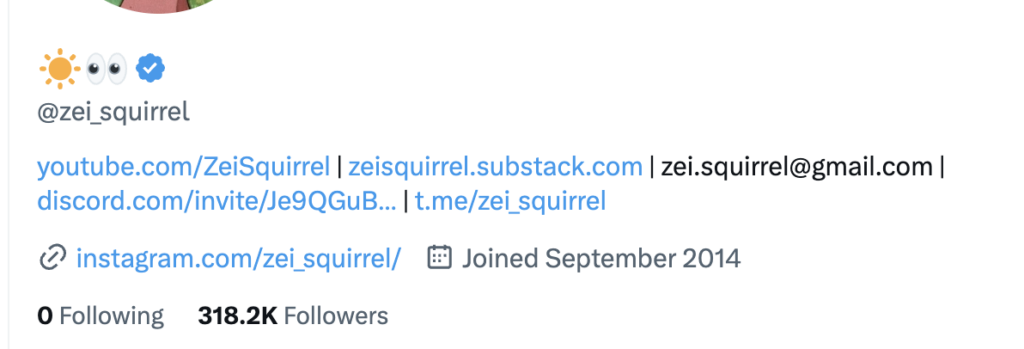
Explosion Port Bandar Abass
26 April 2024 Lead to 70 deaths
This explosion occurred on a sensitive moment since Iran and USA were negotiating. Except that it was really suspicious that Israel on the same day denied having a role in it while it wasn’t known whether it was an accident or a bomb attack. Around this period a series of explosions occurred in Iran, which didn’t get media coverage in the West, but it did in Israel! Even Dutch government media outlet NOS have reported that Iran was suppressing voices that this was an intentional attack.
2024 Kerman bombings
3 Januari 2024: 95 deaths
Coincidentally or not but this terror attack occurred on the ceremony of Qassam Soleimani, who was killed 4 years earlier. This looked like a message. The attack was ‘claimed by ISIS.’ Isis popped up from nowhere for the first time since year. And why should they do it on the anniversary of Soleimani? A few weeks later, Netanyahu said, “Who says we don’t attack Iran? We attack Iran directly.” While at that point in time there were no Israeli-claimed attacks on Iran.
Click the image below

Iran could have bombed Israeli infrastructure like water resources, powerplants, and even their nuclear sites, like Israel did to Iran. The question nobody in the West asks is if Iran is capable of damaging or destroying Israeli nuclear sites. The Google search engine is quite politically biased towards pro-Western/Zionist viewpoint.
The bias increased when so-called ‘fake news’ became a topic in our discourse. So therefore, it’s difficult to find objective information about this issue. The same we can say about scholars at universities and research institutions. Most of their papers are biased, and almost none of them raise this topic. Furthermore, Iran has the option to fire at Israeli soldiers in Gaza if they truly want to intervene in the genocide. It’s quite disappointing what the so-called Iranian axis has done to stop the Gaza genocide. Look at the possibilities they have. The Houthis could have started their ‘air siege’ way earlier by firing rockets towards Ben Gurion Airport, just to mention an example.
Perhaps Khamenei’s caution is understandable if you consider it possible that Israel could use a nuclear bomb against Iran. After all, Israeli Minister Ben Gvir has threatened to do so, and a Minister speaks on behalf of the cabinet. According to Mearsheimer, there is a realistic chance that this can happen, although he does not estimate the chance to be high. There are a number of reasons for this. First of all, Iran’s nuclear program can be delayed by military means by a maximum of 2 years. A ground offensive would be necessary for regime change, while the Americans are not prepared to fulfil this. The current way of waging war cannot continue much longer: it can either end or escalate. So the only way to achieve a military victory and a regime change is by means of a nuclear bomb. However, the Americans will be strongly opposed to this. It should also be clear that the threshold for using a nuclear bomb for Israel, with all its privileges, is much lower than for any other country. This threat also shows that a nuclear bomb in the hands of a rogue state like Israel is a great danger. Furthermore, if Iran possessed a nuclear weapon, as Mearsheimer suggests, it would enhance its security. In that case, Israel would not be able to start the war, let alone use a nuclear bomb.

One of the most important leverages Iran has is to close the Strait of Hormuz, a key oil lifeline for the world. In that situation the world powers would put serious pressure to end this war, unlike their weak statements now. It took China a week to condemn Israel, until then they called on ‘both parties for de-escalation.’ G7 has blamed Iran. Russia condemned Israel, but nothing more than that. Putin even refused to condemn the threats to assassinate Khamenei. When all of these countries are hurt by themselves, they will act more decisively.
Iran’s restrained reactions are in contrast to their bold public statements, including those of the supreme leader, like they will make the life of Zionists into hell.
It also becomes increasingly clear that Israel wants to use the same (successful) strategy as in defeating Hezbollah: assassinating and decapitating the leadership. Until they are met with serious retaliations, they will continue with it. If Khamenei wants to save his own life and regime, his best chances are when Iran seriously hurts Israel, a country that is not willing to take risks or punches. He should understand this, but again, it looks like fear reigns in his weak mind.
One of the arguments to not assassinate Khamenei is that he will be replaced by a more radical person.
——————————————READ BELOW—————————————————–
FOLLOW OLIVEX ON SOCIAL MEDIA
Why Iran is getting closer to a nuclear bomb while they don’t want it
The false accusation that Iran is close to having an atomic bomb is nothing new: Netanyahu has repeatedly said it, starting from 1995.

Former President Obama made an end to this discourse when a deal was signed with Iran, along with 6 major world powers, the so-called JCPOA. When the USA withdrew unilaterally from the deal in 2018, Iran kept fulfilling its obligations for a while, and even today there are still observers from the IAEA, which supervises Iran’s nuclear program. When the IAEA accused Iran of not fulfilling its obligations shortly before Israel’s attack, it looked very suspicious that this was politically motivated. According to Mearsheimer’s theory of offensive realism, international organizations are tools of great powers rather than independent actors. Iran denied it with a statement, which was, again, very weak. A strong response would have been to kick out these observers from the country. The only strong message that Iran has sent was when the government announced that lawmakers are preparing a bill to withdraw Tehran from the Non-Proliferation Treaty, which forbids them to develop a nuclear weapon.
When Israel started its attack during negotiations with the US, this country proved yet again it’s an unreliable partner. This proves that there is no path to diplomacy for Iran. Iran, in reaction, canceled only the planned upcoming meeting rather than completely withdrawing from the negotiations.
Mearsheimer argues that should Iran already have an atomic bomb, Israel wouldn’t have attacked.
Some analysts argue that since Iran doesn’t have any reason for negotiations at this point, it could find safety in seeking an atomic bomb. One of them is Hossein Mousavian, a former Iranian nuclear negotiator who now lives in the US.
“The Iranians have the know-how and capacity to rebuild everything.” All it (an attack) does is that it sets it back (nuclear program) while dramatically increasing Iran’s motivation to build a nuclear weapon.”
So, if there are no military options to clear the threat of a nuclear-armed Iran, it means that Israel must be sure to overthrow the Iranian regime and replace it with their puppet, which is the son of the latest Shah.
Making it a satellite state is the only guarantee that Iran won’t develop a nuclear weapon or become a rival of Israel in other ways.

The world can’t allow Netanyahu to fulfil his Zionist dream outlined in cleaning the break for a big Israel. Israel is a danger for world-peace. Khamenei has the means and chance to defeat them but lacks courageousness. Then: What will happen next?
Israeli leaders have said that this campaign will take several weeks. Months would be too long for civilians who have numerous limitations on their lives and can’t hold this for months although the cost of human lives are relatively low. So Netanyahu must choose between ending the war or escalate it. Given his zionist dream and his hunger for blood, he would like to opt for escalation. On the other hand: the Americans will put pressure on him to end it, as well as the Israeli public opinion. Even with the American help, the outcome will be unsure and that makes a nucleair attack on Iran is not unthinkable.
[1] Mearsheimer and Sachs are regular guests of the podcast of Judge Napolitano. https://www.youtube.com/@judgingfreedom/featured
STAND UP, FIGHT BACK!!

